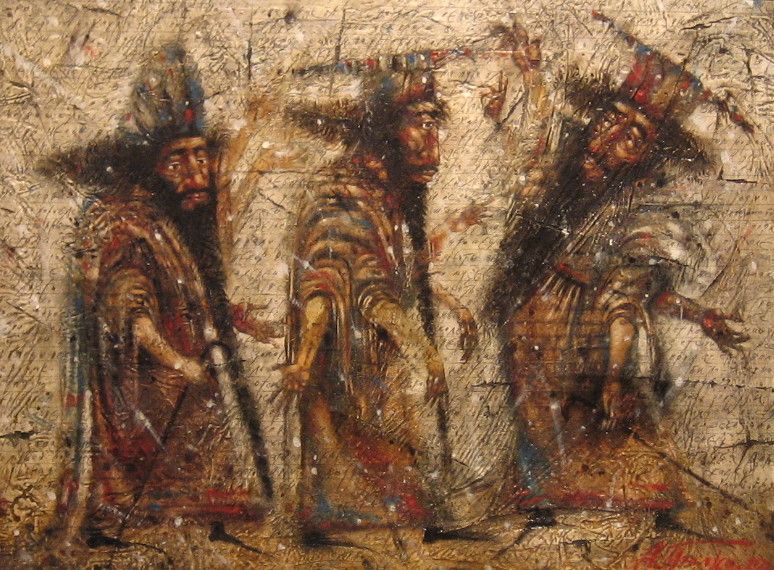On the night of January 7, some Orthodox Christians around the world, as well as churches on Julian calendar - Georgian, Jerusalem, Russian, Serbian - celebrate Christmas. This day is celebrated by all Ukrainian Orthodox Churches, the Ukrainian Greek Catholic Church (UGCC) and most evangelical Christians (according to some estimates, this is 25% of the world's Christians. The rest celebrate Christmas on the Gregorian calendar - December 25).
The Julian calendar was introduced on the initiative of Emperor Julius Caesar. Since its introduction on January 1, 45 BC, the Julian calendar has been used by all the inhabitants of the Roman Empire, including Christians (who were divided in 1054 into Catholics and Orthodox). However, this calendar had a large error relative to the astronomical calendar, which led to a shift in dates. Yes, it rounds the year to 366 days, although astronomically the solar year lasts 365 days, 5 hours, 48 minutes and 6 seconds.
Problems with the calendar were noticed quite early, but only from the 15th century. Attempts to make changes to the calendar began within the Catholic Church, primarily due to a resurgence of interest in astronomy. After a long preparatory period, on October 4, 1582, Pope Gregory XIII announced the transition to a new calendar. He noticed that the old chronology lags behind astronomical phenomena by 10 days, so his reform immediately after October 4 came immediately on October 15.
Let us remind you that in fact the date of celebrating Christmas is the same for all Christians - it is December 25. The only difference is the calendars on which this or that church lives. For example, Ukrainian Orthodox believers, the Ukrainian Greek Catholic Church (UGCC) and some Protestants use the Julian calendar. Roman Catholics celebrate according to the Gregorian calendar, which, incidentally, has become secular for almost all countries. The difference between them is currently 13 days. That is, December 25 on the Julian calendar falls on January 7 on the secular. Confusion and bifurcation in dates in Ukraine appeared after 1918, when the Gregorian calendar was introduced into secular life and the church remained on the old calendar.
For Christians, Christmas is one of the most important holidays in human history, a holiday in honor of God incarnating and becoming man to save all people and help them see the right path in life.
The evening of January 6, on the eve of Christmas, is traditionally called Christmas Eve. On this day, according to church customs, fasting is observed. It is allowed to eat a ritual dish called kutia - festive porridge (barley, rice, wheat) with honey and raisins. You can consume it, as well as sit down to dinner on January 6, only after the appearance of the first star - which was first seen by the Magi and came to congratulate the Virgin and Joseph on the birth of Christ.
